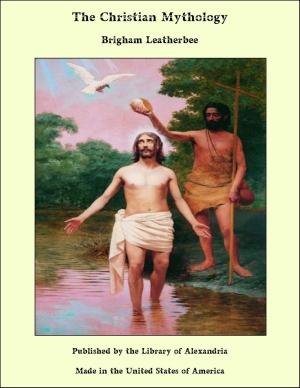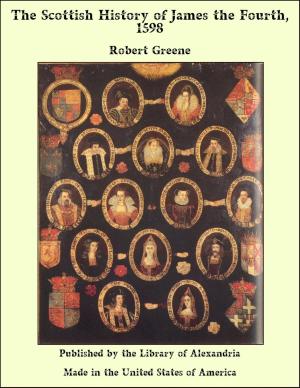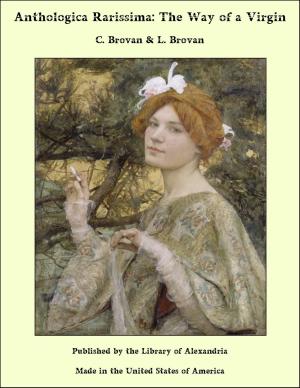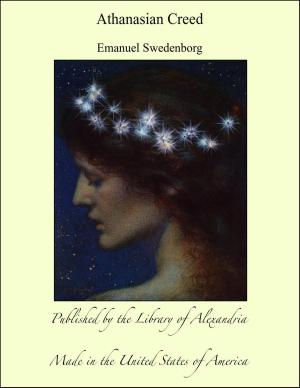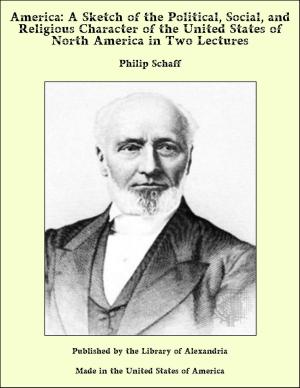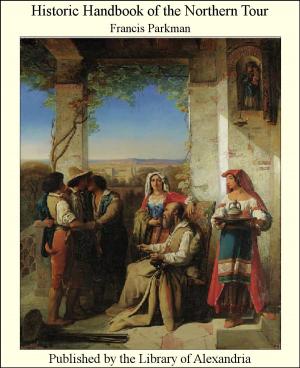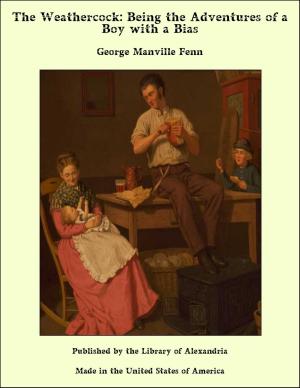Chronicles of England, Scotland and Ireland (2 of 6): England (2 of 12) William Rufus
Nonfiction, Religion & Spirituality, New Age, History, Fiction & Literature| Author: | Raphael Holinshed | ISBN: | 9781465508232 |
| Publisher: | Library of Alexandria | Publication: | March 8, 2015 |
| Imprint: | Language: | English |
| Author: | Raphael Holinshed |
| ISBN: | 9781465508232 |
| Publisher: | Library of Alexandria |
| Publication: | March 8, 2015 |
| Imprint: | |
| Language: | English |
MOSCOW CENSUS—FROM “WHAT TO DO?” The object of a census is scientific. A census is a sociological investigation. And the object of the science of sociology is the happiness of the people. This science and its methods differ sharply from all Other sciences. Its peculiarity lies in this, that sociological investigations are not conducted by learned men in their cabinets, observatories and laboratories, but by two thousand people from the community. A second peculiarity is this, that the investigations of Other sciences are not conducted on living people, but here living people are the subjects. A third peculiarity is, that the aim of every Other science is simply knowledge, while here it is the good of the people. One man may investigate a nebula, but for the investigation of Moscow, two thousand persons are necessary. The object of the study of nebulæ is merely that we may know about nebulæ; the object of the study of inhabitants is that sociological laws may be deduced, and that, on the foundation of these laws, a better life for the people may be established. It makes no difference to the nebula whether it is studied or not, and it has waited long, and is ready to wait a great while longer; but it is not a matter of indifference to the inhabitants of Moscow, especially to those unfortunates who constitute the most interesting subjects of the science of sociology. The census-taker enters a night lodging-house; in the basement he finds a man dying of hunger, and he politely inquires his profession, his name, his native place, the character of his occupation, and after a little hesitation as to whether he is to be entered in the list as alive, he writes him in and goes his way. And thus will the two thousand young men proceed. This is not as it should be
MOSCOW CENSUS—FROM “WHAT TO DO?” The object of a census is scientific. A census is a sociological investigation. And the object of the science of sociology is the happiness of the people. This science and its methods differ sharply from all Other sciences. Its peculiarity lies in this, that sociological investigations are not conducted by learned men in their cabinets, observatories and laboratories, but by two thousand people from the community. A second peculiarity is this, that the investigations of Other sciences are not conducted on living people, but here living people are the subjects. A third peculiarity is, that the aim of every Other science is simply knowledge, while here it is the good of the people. One man may investigate a nebula, but for the investigation of Moscow, two thousand persons are necessary. The object of the study of nebulæ is merely that we may know about nebulæ; the object of the study of inhabitants is that sociological laws may be deduced, and that, on the foundation of these laws, a better life for the people may be established. It makes no difference to the nebula whether it is studied or not, and it has waited long, and is ready to wait a great while longer; but it is not a matter of indifference to the inhabitants of Moscow, especially to those unfortunates who constitute the most interesting subjects of the science of sociology. The census-taker enters a night lodging-house; in the basement he finds a man dying of hunger, and he politely inquires his profession, his name, his native place, the character of his occupation, and after a little hesitation as to whether he is to be entered in the list as alive, he writes him in and goes his way. And thus will the two thousand young men proceed. This is not as it should be

